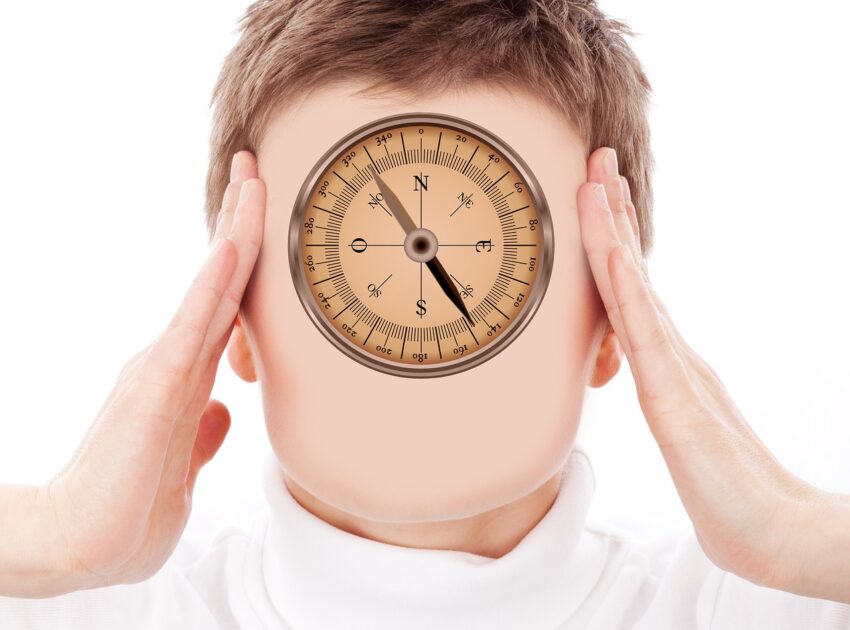Stop us if this sounds familiar.
You’ve got work to do. A lot of it. Deadlines are looming, colleagues and clients are expecting you to deliver results, and you’re rapidly running out of time to get things done.
Yet for some reason, even knowing this, you find yourself distracted. You spend hours laughing at memes on Facebook. Trawling Wikipedia for information you don’t need and will. Watching Netflix, cleaning your house, and doing just about everything except work.
You’re distracted. You can’t focus, and it’s starting to wear on you. Let’s talk about how you can regain your focus and get back to work.
Make A List
First and foremost, think about what you have to get done. Using a project management tool like Trello or Airtable, make some checklists detailing the work you need to get done. Figure out which tasks are the most important, and get to those first.
This can help you break down what might otherwise be an overwhelming quantity of work into more easily-digestible, easily-manageable chunks. Plus, the satisfaction of checking off items on your to-do list can be a pretty powerful motivator to get to work.
Cut Out Your Distractions
As noted in productivity management publication Rescue Time, there is no such thing as multitasking. If you’re constantly jumping between multiple projects and tasks, it might feel like you’re doing more. What you’re actually doing is repeatedly interrupting your focus.
Eventually, those constant interruptions will catch up to you. You’ll likely start to feel distracted, unmotivated, and drained. You might even feel outright overwhelmed.
When you’re working, do away with distractions. Put your phone on silent. Avoid watching movies or listening to podcasts, and instead, put on instrumental music.
Basically, eliminate everything that could possibly distract you from getting things done, then dive face-first into your work.
Exercise
According to Harvard Health Publishing, regular exercise has a physical effect on the brain. It helps your memory, enhances cognitive function, and improves your mood. For that reason, if you’re having trouble getting anything done, get up from your desk and get moving.
Go for a run or a bike ride. Take your dog for a walk. Go for a swim. Basically, engage in some physical activity you enjoy, break a sweat, and take a break from work.
In addition to getting the blood flowing, exercise has the added benefit of allowing you to step away from your work and the stress it entails. It lets you mull over whatever creative blocks you’re fighting against. And after the exercise is done, it feels good.
Eat, Drink, And Think
Your body is essentially an advanced biological machine. As with any machine, if you don’t put in the necessary effort to maintain it, you aren’t going to be running at peak efficiency. With that in mind, if you’re having trouble working, take a step back and ask yourself when you last ate or drank.
According to health publication Healthline, you should drink about two liters of water a day. We’d wager most people don’t get that much, nor do they pay much attention to their diet. You need to focus on eating food that’s healthy and filling rather than fast food; grease simply isn’t good for you.
As noted in another post on Healthline, foods that are particularly bad for you include:
- Sugary drinks. If you love extra cream and sugar in your coffee or can’t get enough coke, bad news. Overdoing it on sugary drinks can lead to obesity, high blood pressure, and even diabetes. There’s also evidence to suggest that high sugar intake can reduce brain function and memory.
- Refined carbs. White bread, pasta, and other highly-processed grains are bad for your brain. In the long-term, they lead to an increased risk of dementia and mental impairment. They can also mess with your memory.
- Trans fats. Some studies have suggested that high consumption of saturated fat can lead to poorer memory and cognitive decline in both the short term and long term. There are other health problems associated with them as well, including heart disease.
- Processed foods of any kind. Chips, instant noodles, popcorn, and premade meals are usually high in calories and low in actual nutritional value. They can also severely impair learning and cognitive function.
- Aspartame. Bad news for those of you who want to satiate your sweet tooth without sugar. Aspartame, one of the most common artificial sweeteners, might be even worse for you. It’s been linked to behavioral and cognitive problems in several controversial studies.
- Alcohol. This one’s got a bit of a caveat attached in that alcohol consumed in moderation can actually have a positive impact on your health and well-being. Like anything else, overconsumption can result in severe impairment and multiple health issues down the line.
So what should you eat instead of the stuff above?
- Legumes, brown rice, and whole wheat grains.
- Poultry and eggs.
- Red meat (in moderation).
- Low-mercury fish such as salmon.
Figure Out What Helps You Focus
We’ve saved the best for last. Everyone has something that causes them to snap into a state of focus and awareness. Find the one that’s unique to you, and turn it into a ritual that you can practice whenever you’re feeling unfocused.
Maybe it’s a sound or smell associated with an impactful memory. Maybe it’s a particular genre of music. Maybe it’s the ritual of drinking tea, or a certain set of physical motions.
Conclusion
We live in a focus-starved society, but it’s not impossible to reclaim yours. By establishing a routine, understanding how you work, and taking better care of yourself, you can get back to work and stop worrying about not getting enough done.
